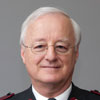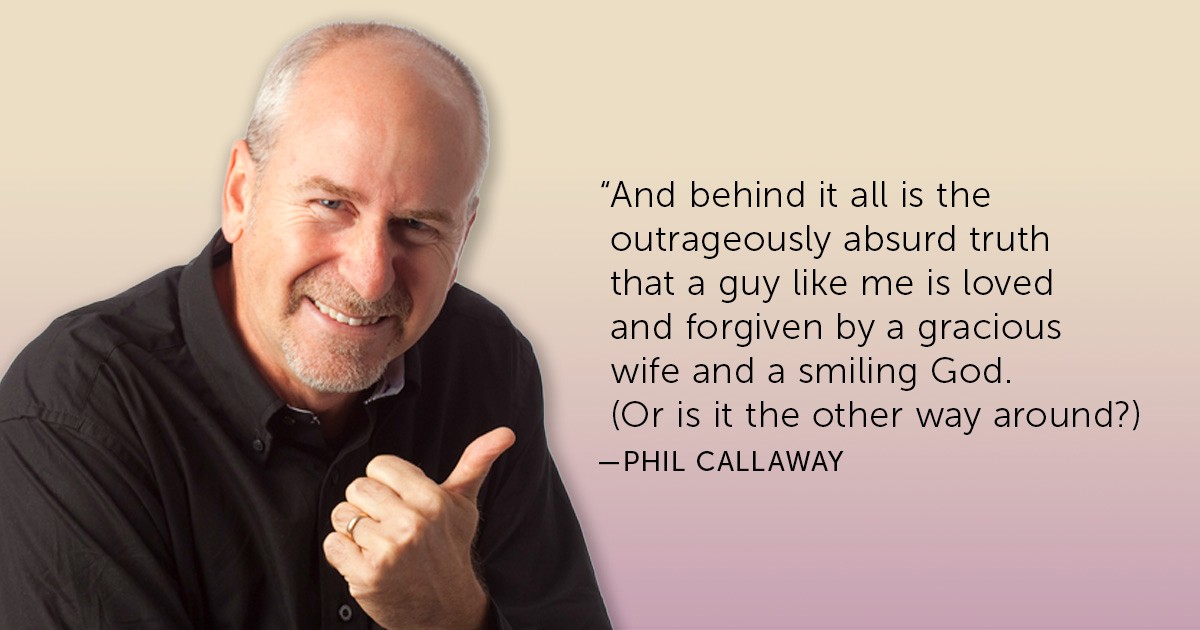Lieutenant Jeremy: My two years at the College for Officer Training were exciting and spiritually enriching. The past three years of corps ministry have provided varied opportunities to demonstrate my pastoral skills and to hone my preaching abilities. The community is small, however, and it would be challenging and more satisfying to tackle a larger corps. In fact, as I'm 33 and have 11 years of successful business experience, I've discovered that I already have a strong desire to be a divisional commander. Since I'm not even a captain yet, you're probably laughing at my overconfidence! Though the idea excites me, I must admit to feeling awkward and, perhaps more accurately, guilty. Should I feel guilty about wanting to become a divisional commander? Are humility and ambition incompatible?
Major Max: In accepting your request to be your mentor, I never dreamed you would be so honest so quickly. Perhaps it's more typical of your younger generation than mine to be so readily open. I did indeed chuckle at your suggestion. The Army sometimes fast tracks certain officers because of their special giftedness, but since you're still a lieutenant, I think you will need to be patient for a few more years yet!
Your question is about personal ambition. You are not alone in feeling guilty about being ambitious in God's service. Some Christians feel it would be more appropriate for a position to seek a person rather than the other way around. You could probably easily come up with a list of recently fallen leaders within and outside the Church whose ambition resulted in ruination. Openly expressing your true feelings at this early stage in your officership is healthy.
Is it wrong to desire to be a divisional commander? More broadly, can ambition be honorable? Writing to young Timothy, a leader whom he was mentoring (see 2 Timothy 1:6-8), the Apostle Paul said: “To aspire to leadership is an honorable ambition” (1 Timothy 3:1 NEB). The critical issue is motive. Why would anyone want to become a leader in God's Kingdom? Why would you like to be a divisional commander?
Aspiring to leadership was risky in the early days of the Church. A bishop (divisional commander) could face serious threats to his safety. Leadership rewards included hardship, contempt and even rejection! In times of persecution the leader was likely the first one to suffer martyrdom. Only an uncompromising devotion to Jesus Christ and a genuine love for the Church would prompt people to become leaders. Today in the Western world, church leadership positions don't usually have these life threatening risks. In fact, though it can have its share of headaches and heartaches, Christian leadership can also put one in a position of prestige, privilege and power.
Oswald Sanders' master principle of spiritual leadership is that “true greatness, true leadership, is found in giving yourself in service to others, not in coaxing or inducing others to serve you.” He elaborates: “True service is never without cost … But the true spiritual leader is focused on the service he can render to God and other people, not on … the perks of high office or holy title” (Spiritual Leadership, p. 15).
I attended a session where General Bram Tillsley (Rtd) taught about the person and ministry of the Holy Spirit. I recall him relating the testimony spoken by a retiring divisional commander. People had been rather effusive in their praise about his service. He thanked them for being so gracious. Yet, in view of the searching light of the Holy Spirit, he now tearfully wondered if his work had been more for himself and for the Army than for the Lord Jesus Christ. Was he being too hard on himself? Or, was this an unsettling moment of truth?
Though God wants you to develop your God-given abilities, Jesus taught that self-centered ambition is wrong. Is that why you feel a bit awkward or even guilty about the desire to be a divisional commander? But, ambition for God's glory and the eternal benefit of the Church is a powerful force for good. An officer friend recently told me of an encounter he had with the late and unforgettable Colonel William Ross. Before going to the training college the officer asked the colonel for some advice about ministry. In his deep voice and with a twinkle in his eye, Colonel Ross said: “Young man, never think too highly of yourself!” Jeremy, as you wholeheartedly devote yourself to ministry, always remain open to the Holy Spirit's guidance. You can count on him to let you know when your motives are less than honorable (see 1 Corinthians 4:4).
Have I been too direct for you? If we cannot be totally honest with one another, our mentoring relationship will not work. I would encourage you to prayerfully reflect in the next few days upon 1 Corinthians 3:1-4:5. In the meantime, don't forget that before even becoming a captain you are required to complete three mandatory courses!
Onward!
* Name changed
 Major Max Sturge is associate editor of Salvationist magazine. An avid reader, he loves trouting and watching hockey, basketball and baseball on TV. Married to Doreen, they have three children and five grandchildren.
Major Max Sturge is associate editor of Salvationist magazine. An avid reader, he loves trouting and watching hockey, basketball and baseball on TV. Married to Doreen, they have three children and five grandchildren.









I understand Salvation Army officership to be different though. As an officer, and as a pastor in general, not only are we called to serve the church, but we are called to mature the church as well through teaching, and modelling Christ's love. And the costs are high. Not only are those who lead called to serve, but those who lead can and should expect hardships. I think of Jesus' question to his disciples, "Can you drink the cup I drink? Can you be baptized with my baptism?" If you wind up being a DC someday, enjoy it. Do the best job you can. But I would warn my fellow officer-collegues of all ranks and experience, not to equate success in ministry with the next promotion. Our kingdom values should tell us that we're to live the opposite of that. Serve where God and the Army has placed you, and give everything you got to the people around you. And if we're doing this with integrity (and hopefully still having a bit of fun)then this is what success should be for us.